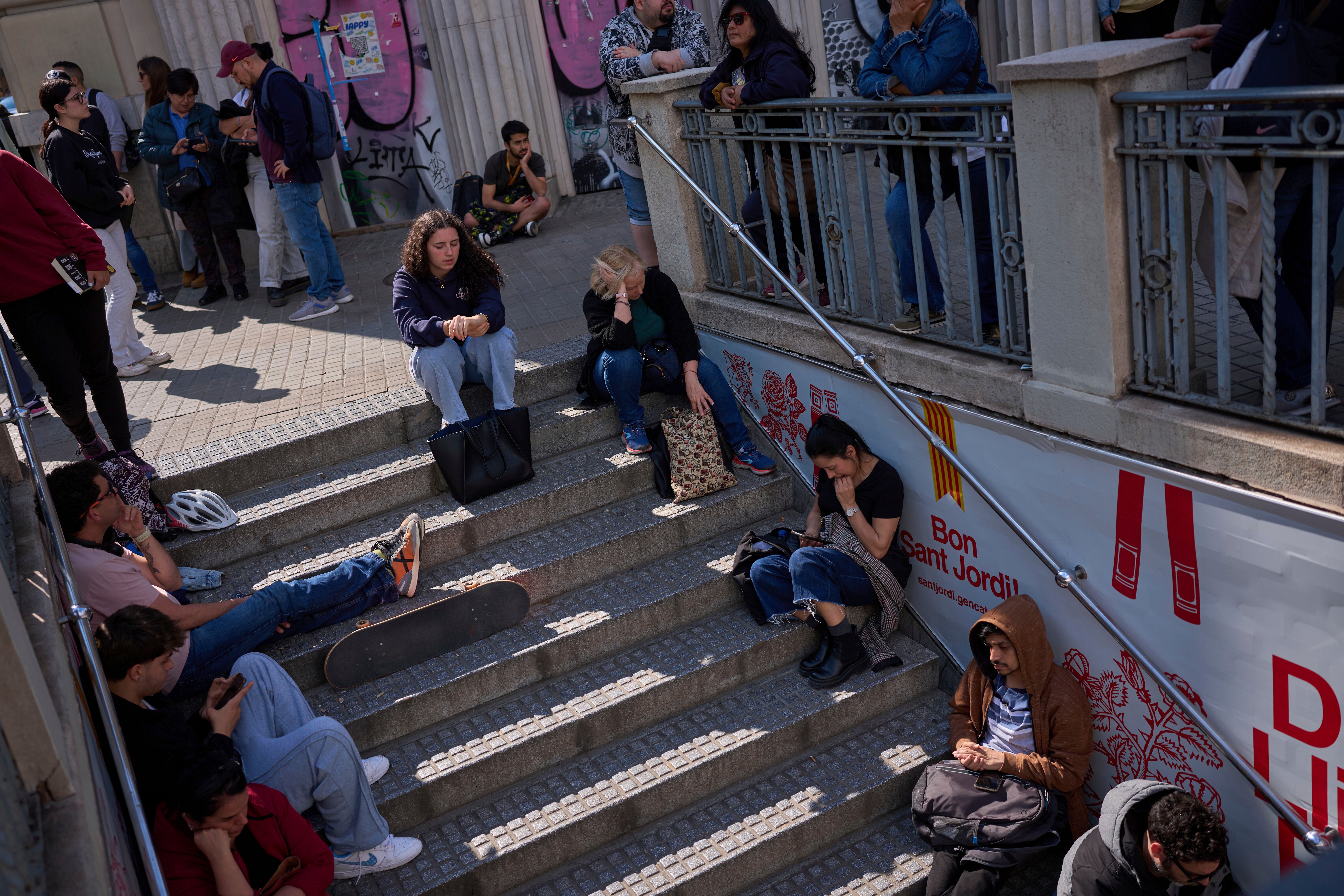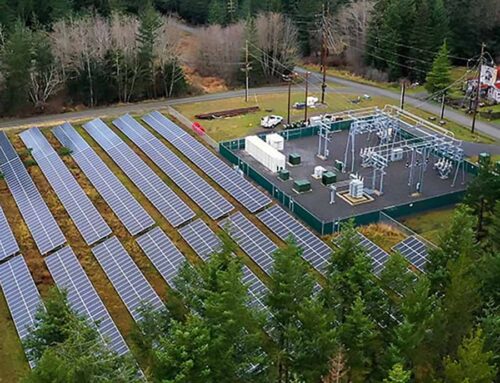Did Spain’s push for renewable energy have any impact on its mass power blackout?
April 29, 2025
The mass electrical blackout across Spain, Portugal and parts of France sparked hours of chaos before power returned – with the after-effects still being felt.
Both Spain and Portugal’s power grid operators have ruled out a cyber attack, but the cause of the outage is still under investigation.
The head of Spanish electricity operator Red Electrica, Eduardo Prieto, said two consecutive events, which took place at 12.32pm on Monday and then a second and a half later, pointed to a “generation disconnection” that had cut off the supply across the peninsula. While the system weathered the first event, but not the second.
Some have jumped on the suggestion that Spain’s push to use renewable energy had made an impact. Last year, renewables accounted for 53 per cent of the country’s power generation. Solar photovoltaic (PV) accounted for 59 per cent of Spain’s electricity at the time of the blackout, wind nearly 12 per cent, nuclear almost 11 per cent and combined cycle gas plants 5 per cent, Red Electrica data showed.
In a span of just five minutes, between 12.30pm and 12.35 pm local time on Monday, solar PV generation plunged by more than 50 per cent to 8 gigawatts (GW) from more than 18 GW, the data showed.

There have been reports that a lack of “inertia” in the grid may have contributed to the blackout. Grid inertia helps maintain electricity supplies at a stable frequency, and is created by generators with spinning parts – such as turbines running in fossil fuel generators or hydropower – which solar panels and wind turbines do not have. In a blackout, you need to rebuild inertia before bringing things back online.
But Spanish Prime Minister Pedro Sanchez ruled out the possibility that an excess of electricity generated by renewable sources caused the power blackout.
Mr Sanchez said on Tuesday that technicians were still attempting to find the precise cause of the collapse and the results of their enquiries would be used to reinforce the system.
“What happened yesterday cannot ever happen again,” he added.
Speaking to The Independent, Kristian Ruby, secretary general of European electricity industry group Eurelectric, suggested that there was a technical problem in a high voltage cable linking the French and Spanish grid, which is known as an interconnector.

However, Mr Ruby warned that it would take “weeks, if not months” for there to be a proper technical analysis confirming what went wrong, and he added that it is unlikely that such alone would have caused the problem.
“The power system is perhaps the most advanced and complex machine that we have in the world,” he explained. “It’s a combination of millions of different units that are injecting power into the same system, which transports it out to millions of end-users.
“But it is designed so that if you take out a critical asset, such as an interconnector or power plant, it should not cause a full set of countries to lose power for such a long time,” Mr Ruby continued.
More generally, the booming growth of renewables is posing a major challenge for electricity transmission systems, which in Europe can date back half a century or more. This is because weather-dependent solar and wind generators have high intermittency rates, and require new technologies to keep the grid balanced.
Mr Ruby said what is clear is that “[Power] grids need to be reinforced and strengthened much faster than they’re being done today” to keep them balanced as more renewables are fed into the system.
But he stressed that this should not mean countries should slow down their renewables roll-out. There may be new risks in introducing more renewables to the system – but the risks of leaving things as they are are even greater.
“We don’t have a choice in this matter. We cannot stop because it is looking a bit complex,” he said. “We are doing this for reasons of climate change, energy security, and military security.”
Specifically, renewables are needed for the sake of climate action – and, said Mr Ruby, the growing threat of extreme weather to electricity systems shows why we need to both tackle climate change, and invest in updating and making our power systems more resilient.
In addition, the roll-out of renewables is required so that European countries do not have to be dependent on gas or oil from Russia or other “unstable regimes”, said Ruby, which is the key factor that has caused chaos in European power markets in the past few years.
Search
RECENT PRESS RELEASES
Related Post


